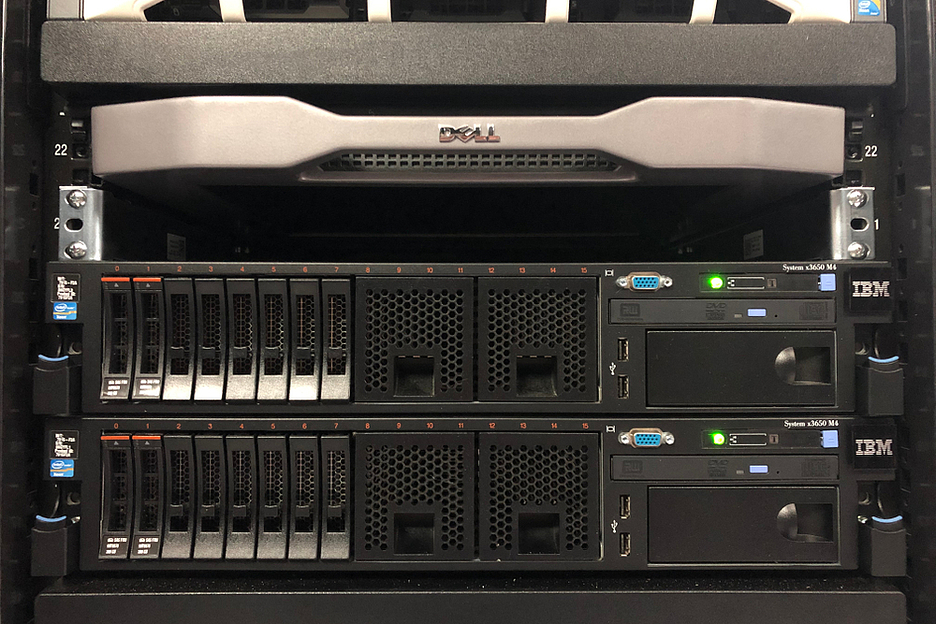- The Central bank of South Africa regulates cryptocurrencies as a financial investment.
- New laws are to come out for this in the next twelve months.
- This is to facilitate the merger between the crypto market and the traditional financial market.
The Central bank of South Africa will introduce regulation next year, according to which cryptocurrencies are classified as financial investments and how they are treated, in order to provide investor protection and give free space to innovation.
The use of cryptocurrencies in South Africa is in a healthy range. An estimated 13 percent of the population owns some form of cryptocurrencies, according to a study by the global exchange Luno. Since more than six million people in the country are involved in cryptocurrencies, the regulation of this area has long been a topic of conversation there.
Companies or individuals who want to offer consulting or brokerage services related to cryptocurrencies must currently be registered as a financial service provider. To do this, it is necessary to meet a number of criteria in order to comply with the global guidelines established by the Financial Action Task Force.
In the budget overview of the South African Ministry of Finance of February 2022, it was officially announced that cryptocurrencies should be classified as financial products. The country also plans to improve the monitoring and reporting of cryptocurrency transactions in order to comply with the country’s exchange regulations.
The deputy governor of the Central bank of South Africa Kuben Chetty has now confirmed that new laws will be introduced in the next 12 months. He was speaking at an online event organised by local investment firm PSG on Tuesday. This means that cryptocurrencies are to fall under the “Financial Intelligence Centre Act” (FICA for short).
This is important because it makes it possible to monitor the sector for money laundering, tax evasion and terrorist financing. These three aspects in particular are much discussed by-products of the otherwise decentralized cryptocurrencies and blockchains.
Chetty also outlined the development plan that SARB intends to tackle in the next 12 months to introduce such a new regulatory environment. First of all, she will declare cryptocurrencies a financial product. This means that they fall under the FICA Law.
After that, a regulatory framework for the exchanges is being developed, which includes certain identity verification measures, as well as compliance with tax and exchange control laws. The exchanges are also expected to issue a “health alert” to indicate the risk of losing money.
Chetty noted that SARB’s attitude towards the sector has changed significantly over the past decade. About five years ago, the attitude of the institution was that there was no need for regulatory monitoring, but the gradual change in perception and the definition of cryptocurrencies as financial assets changed this attitude:
“By all definitions, cryptocurrencies are not a currency, but an asset. You can trade with them and they will be created. Some are secured, others are not. Some, perhaps, have a real foundation, a real economic activity.”
The deputy governor stressed that the SARB does not consider cryptocurrencies as a form of currency, since they are not suitable for everyday retail use and, as is known, would have a strong volatility.
However, Chetty believes that the continued interest in this area makes it necessary to regulate the sector and facilitate its merger with the traditional financial world, “in a way that creates a balance between the excitement and hype and the necessary investor protection”.
The SARB is also continuing to investigate the possible introduction of a central bank digital currency (CBDC). In April 2022, a technical proof of concept was provided in this context. In the second phase of the Khokha project, a blockchain-based system was used for clearing, trading and settlement with some banks that are part of the Intergovernmental Fintech Working Group (IFWG).









